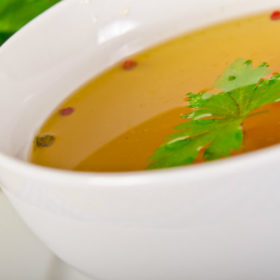
Artificial Sweeteners and Weight Gain
You’ve heard of the notorious Freshman 15, right? It’s not just campus folklore. In fact, there have been a number of research studies done on Freshman students in which thousands of them mysteriously gained weight. The research was being conducted to assess the ways that transitioning to college influences diet, weight, and metabolism among these college students.
Surprisingly, researchers found that those first-year students who had experienced increased weight and overall body fat had a significantly higher blood erythritol concentration when the year began, in comparison to students who experienced no weight gain or increase in body fat. Erythritol, in recent years, has been used as a sweetener that replaces sugar in many low calorie drinks.
Erythritol is naturally occurring in some fruits (watermelon, pears), and is commercially produced from the sugar glucose by applying the fermentation process (adding yeast). Erythritol is measured to be nearly 70 percent as sweet as sucrose, but without the calories. In fact, it has zero calorific value, dubbing it the ideal consumer sweetener. But is it?
In the grocery store, this sweetener shows in hundreds, if not thousands, of different foods and is most commonly embedded in these artificial sweeteners:
- Splenda
- Saccharine
- Aspartame
Medical researchers are fairly convinced that although there are a lot of questions about the health benefits and risks of these non-caloric sweeteners, we would be best to avoid them. They are most readily found in nearly every diet or ‘lite’ product, as well as most low-carb or reduced-sugar products. Those same college student research studies showed correlations between these sweeteners and undesirable biological effects such as promoting fat storage and triggering cravings. By promoting fat increase, these artificial sweeteners age the body faster, due to blood sugar spikes that can lead to altered mood, reduction of energy and decreased mental acuity.
Bottom line: Don’t rely on artificial sweeteners to keep your calorie intake low. Instead, opt for natural sweeteners such as raw honey or true maple syrup, getting your body moving a few days per week, and working to reduce your dependency on sugars and sugar-replacements.



